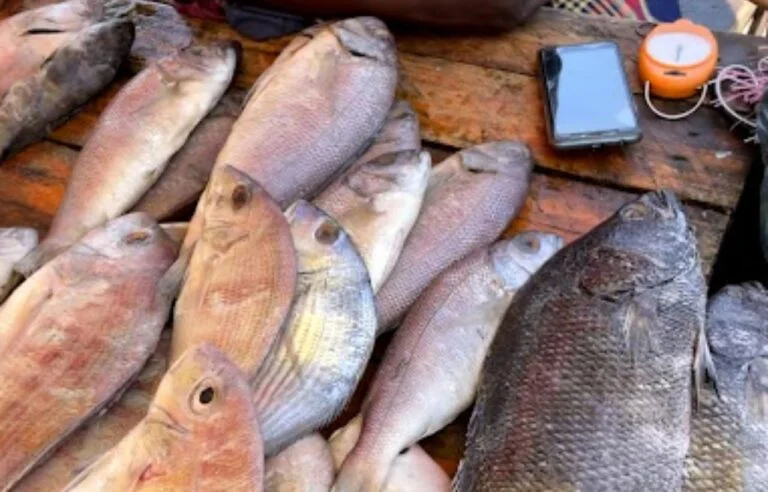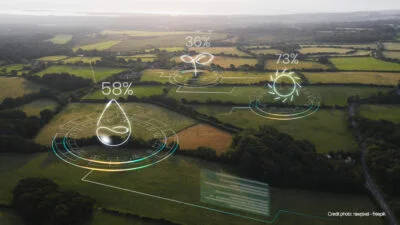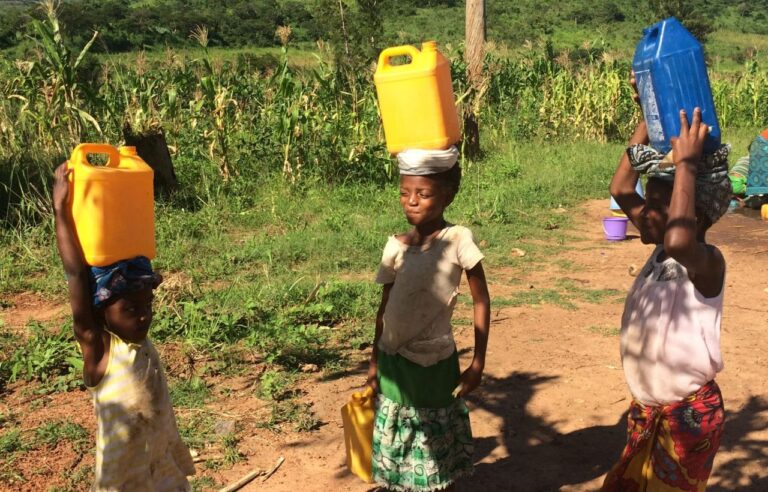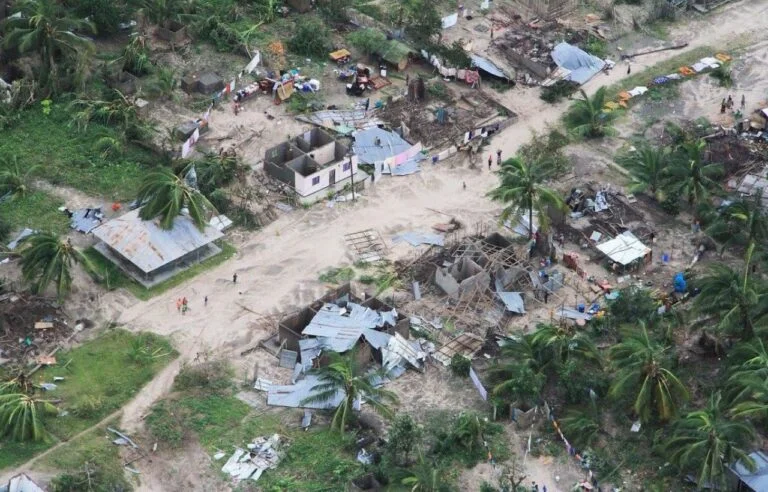Understanding the dynamics of small-scale fisheries in the northern Inhambane
Small-scale fisheries industry in Mozambique is considered critical for the economic stability, food and nutrition security for communities living along the country’s coastline. The sector contributes to about 3-4% of the GDP, employing more than 85% of the population in the coastal communities. Despite recent changes in the sector’s organizational and policy frameworks, the industry value chain is still not able to maximize the benefits offered by the sector. Data from the COMTRADE shows that, between 2019 and 2020, Mozambique exported fish and crustaceans valued at USD 114 million to more than 20 countries around the world. Yet, there is lack of data and information to infer the economic returns accrued by fishers and fishing communities.
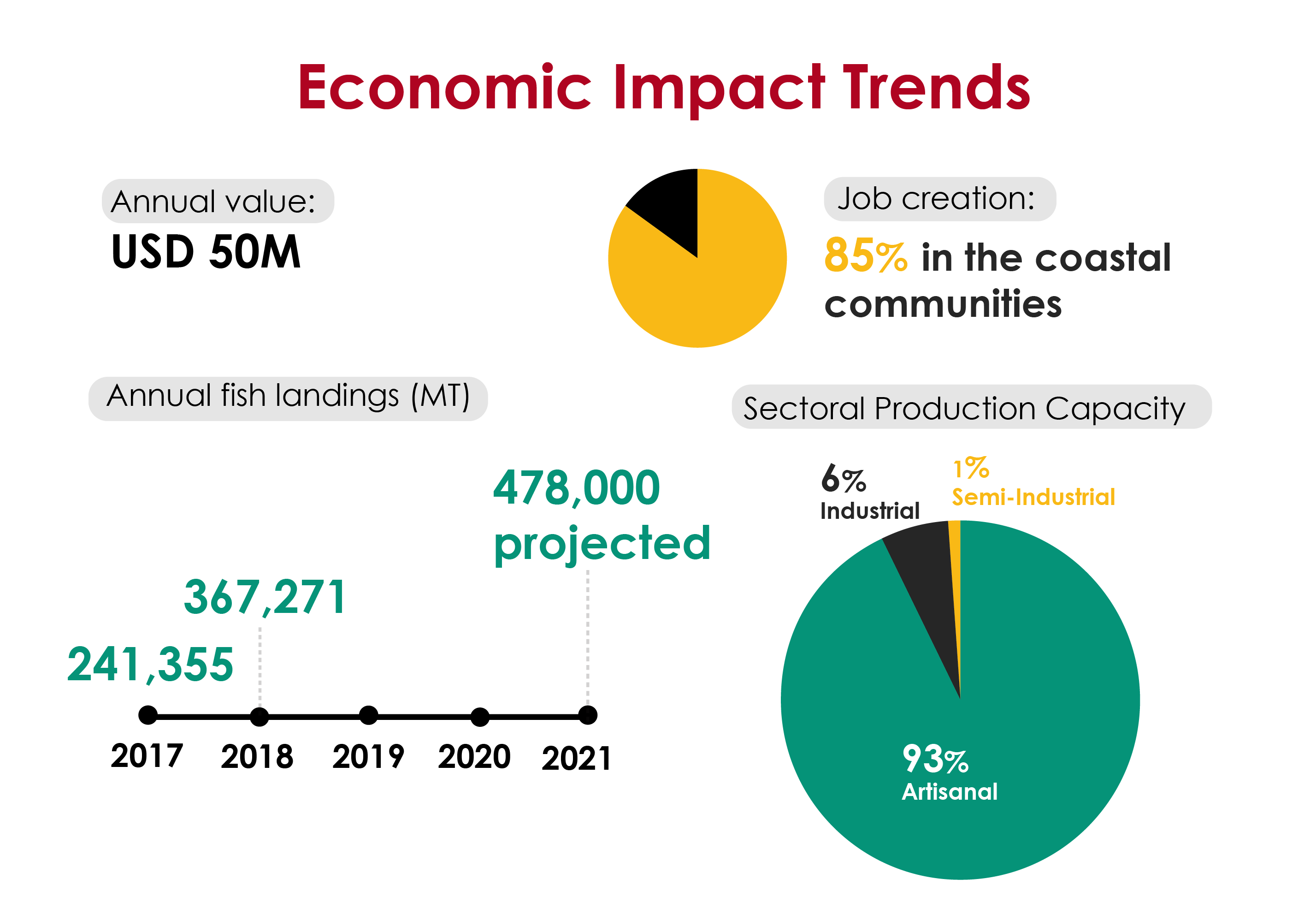
Understanding the dynamics of small-scale fisheries can help policy makers, local communities and relevant stakeholders to address the challenges, allocate appropriate resources and propose sound policy arrangements. We looked into the data collected in 2020, in four districts in the northern Inhambane province.
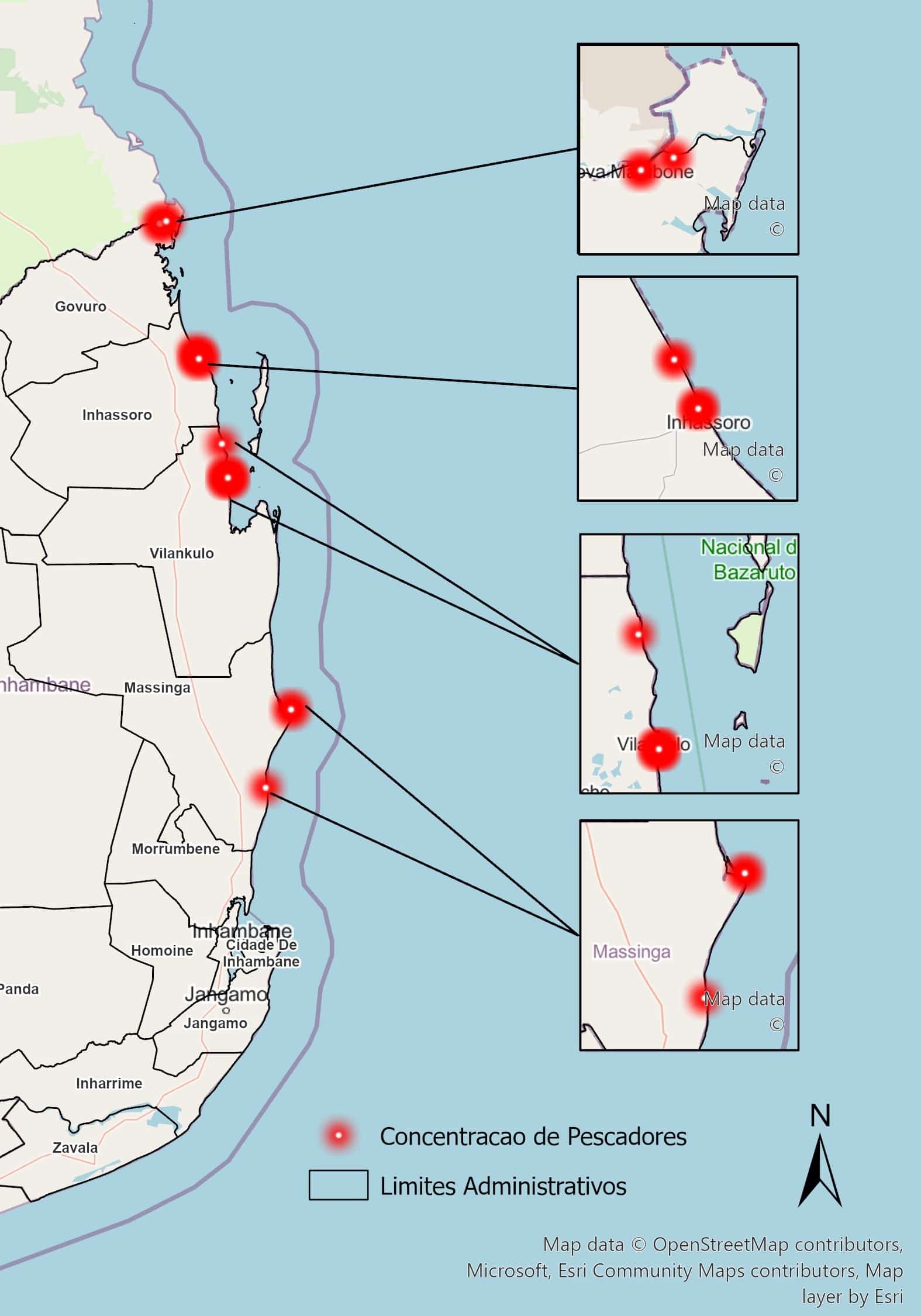
The survey was carried out with key informants (fishermen) in the communities in all four districts. The results of our analysis led us to develop a local fishermen profile – “individuals engaged in the fishery activity as a primary source of the household income”.
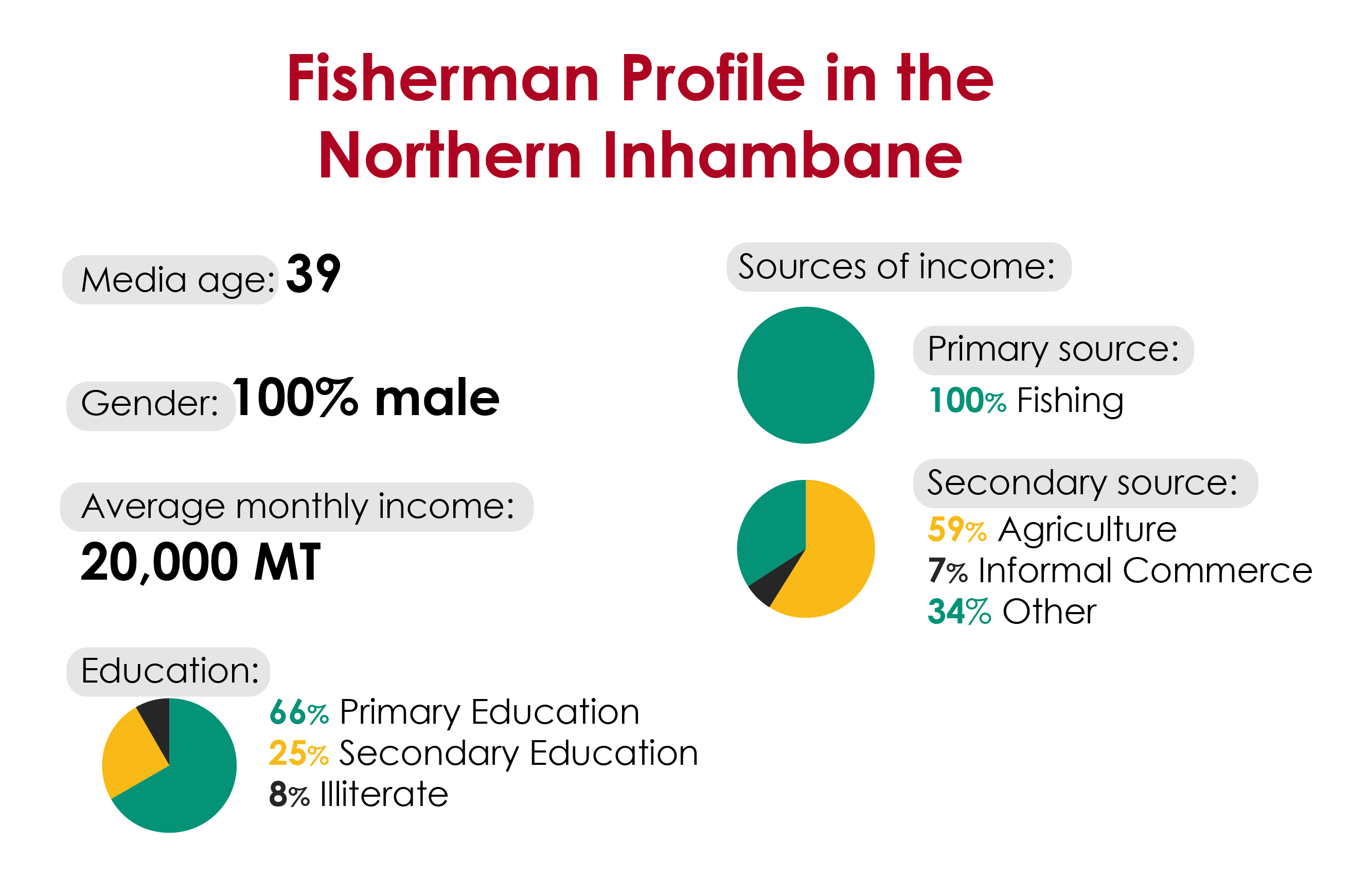
The analysis also illuminates enormous potential for greater understanding of the challenges in the fisheries activities in all districts, where the sector offers a competitive advantage to the local economy. Yet major differences amongst the districts and practices persist. Look more closely, however, and it all seems more complex. For example, the economy in all four districts is highly dependent on fisheries activity. But the weekly landings capacity has shown that districts such as Vilankulos and Massinga contribute a significant share of the total fish landings in the region, with 23 and 63 percent respectively. While the comparison might not be conclusive on what drives such a variation, both districts have a strong and robust fisheries management framework, involving both the local government and the community-based fisheries groups.
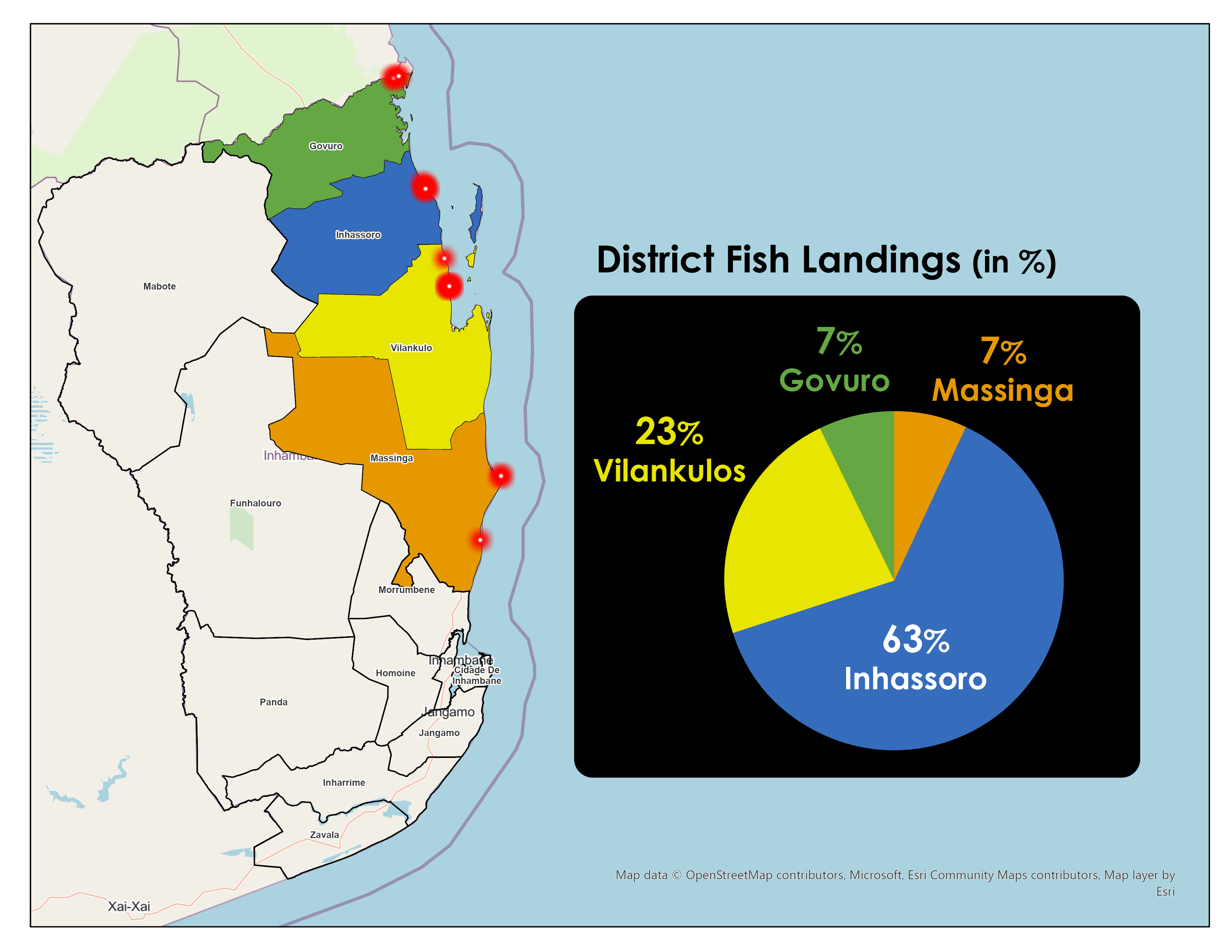
Although the survey was conducted with key informants, small-scale fishing profile in the region have some commonalities. First, it is mostly a male dominant activity, both onshore and offshore; Second, they use locally made boats, usually not motorized, and traditional fishing gears and; Third, it is highly dependent on the local market economy which is mostly driven by external players. Despite a sharp decline on the daily and weekly fish catches during the COVID-19 pandemic, there is a continued reliance on activity to sustain local livelihoods in all four districts. The data shows some patterns of the current production capacity and the value of the common fish species in the region
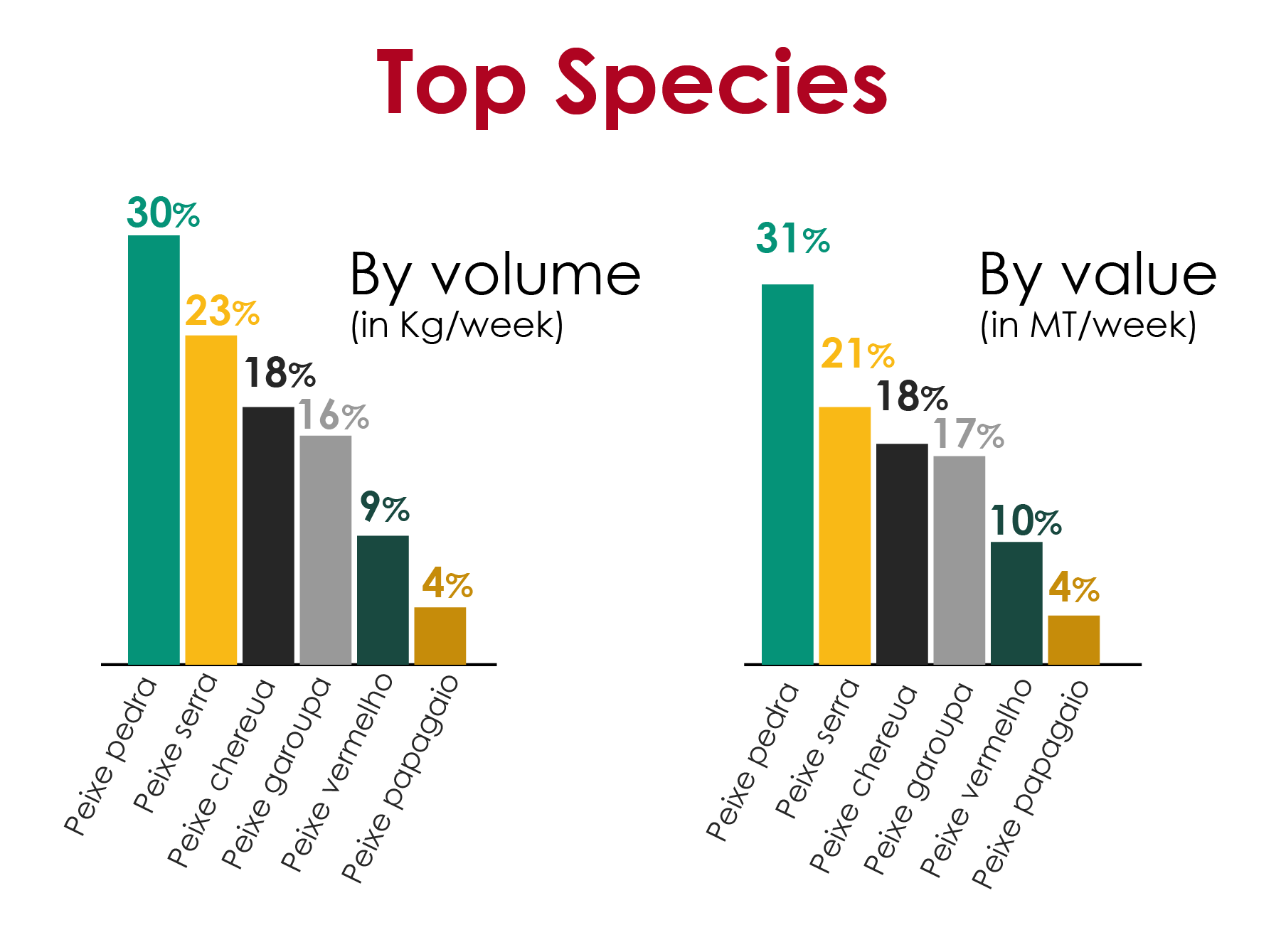
What is next?
With what data shows us, how can we help to address the broader awareness and challenges of small-scale fisheries in Mozambique? Data4MOZ is currently evaluating possible next steps, which could include a focus on gathering more data and conduct a thorough assessment of the small-scale fisheries in other districts along the coastline of Inhambane province:
- Survey, map and identify the critical small-scale fisheries hubs in Inhambane province, based on the size of the market, production capacity, value of species and size of the community.
- Conduct an extensive household survey to expand the current fishermen profile, looking into the weekly activity effort and the economic gains and people involved in the activity.
- Evaluate the existing value chain and identify mechanisms to establish a community-based traceability framework;
- Create partnerships with stakeholders serving small-scale fisheries communities to promote uptake and regular use of data-driven approaches, both for collecting precise data as well as for general awareness of fisheries management and decision making based on real data.
Only with a clearer understanding of the dynamics of small-scale fisheries can local governments, policy makers and non-governmental organizations better address the challenges of these groups, both in the management of the activity and in building its economic resilience.
Source: World Bank, UNCTDA, MIMAIP and data4MOZ

